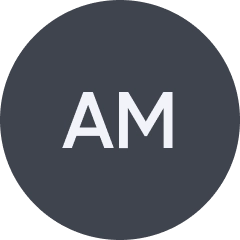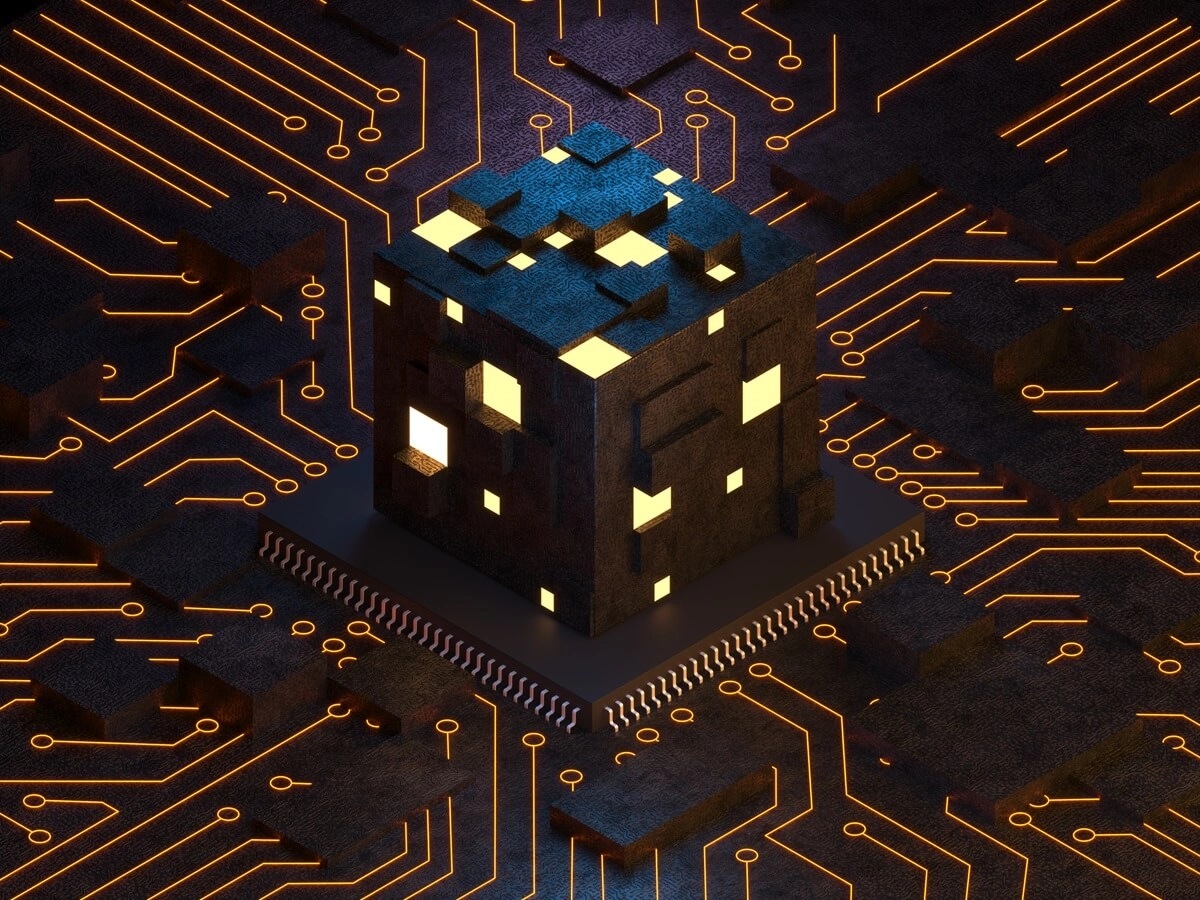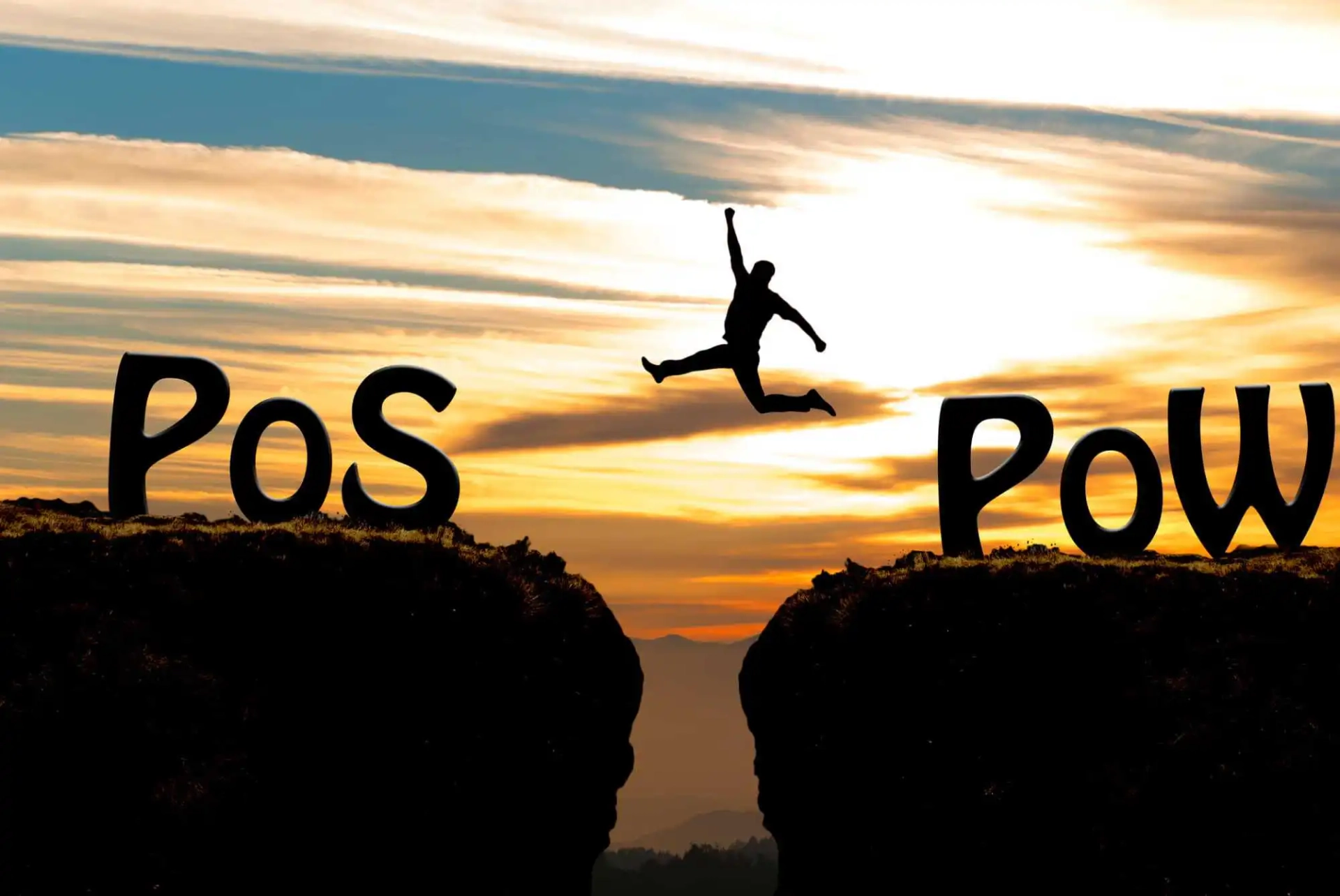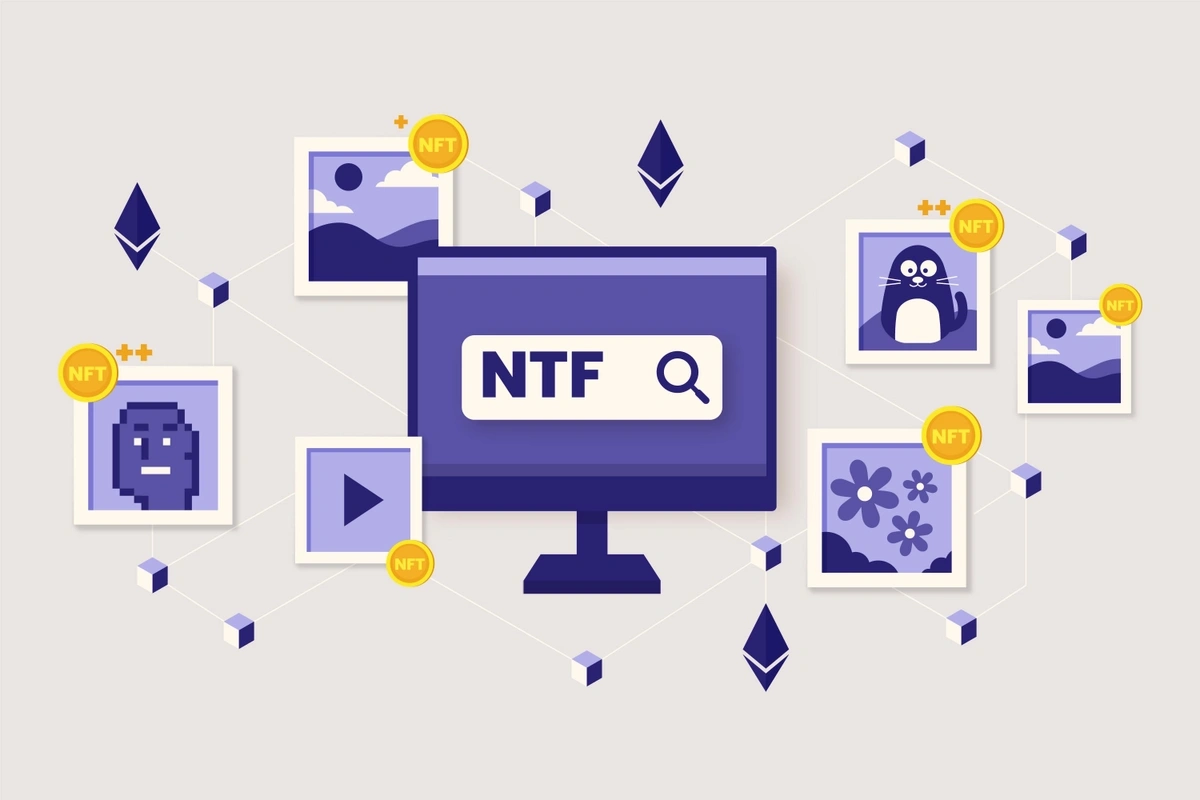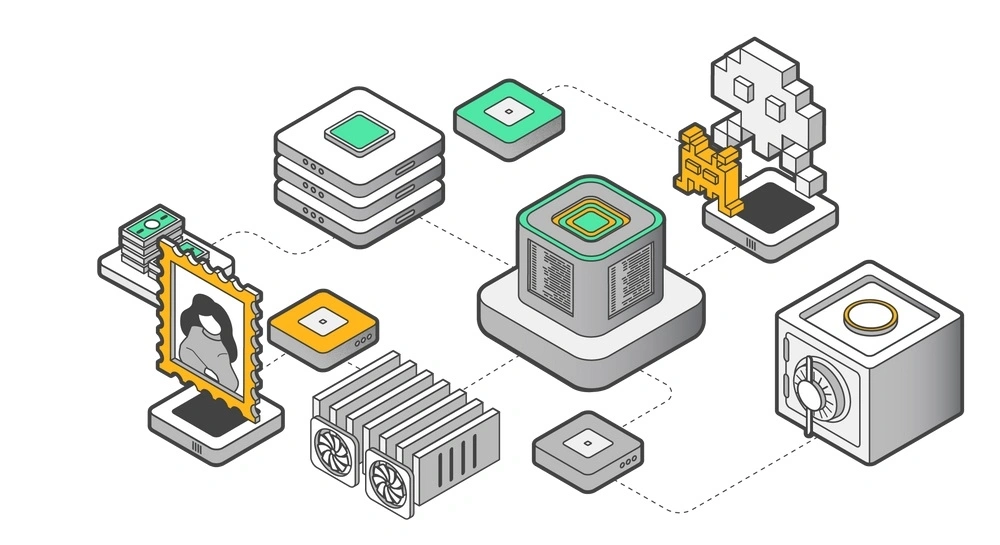Oracles are entities or systems that connect blockchain smart contracts with external data sources, enabling them to interact with real-world information. Since blockchains are inherently isolated and cannot access external data directly, oracles provide the necessary link between on-chain code and off-chain data, ensuring that smart contracts can be executed accurately based on real-world events and conditions.
What is an Oracle in Crypto?
Oracles are entities or systems that connect blockchain smart contracts with external data sources, enabling them to interact with real-world information. Since blockchains are inherently isolated and cannot access external data directly, oracles provide the necessary link between on-chain code and off-chain data, ensuring that smart contracts can be executed accurately based on real-world events and conditions.
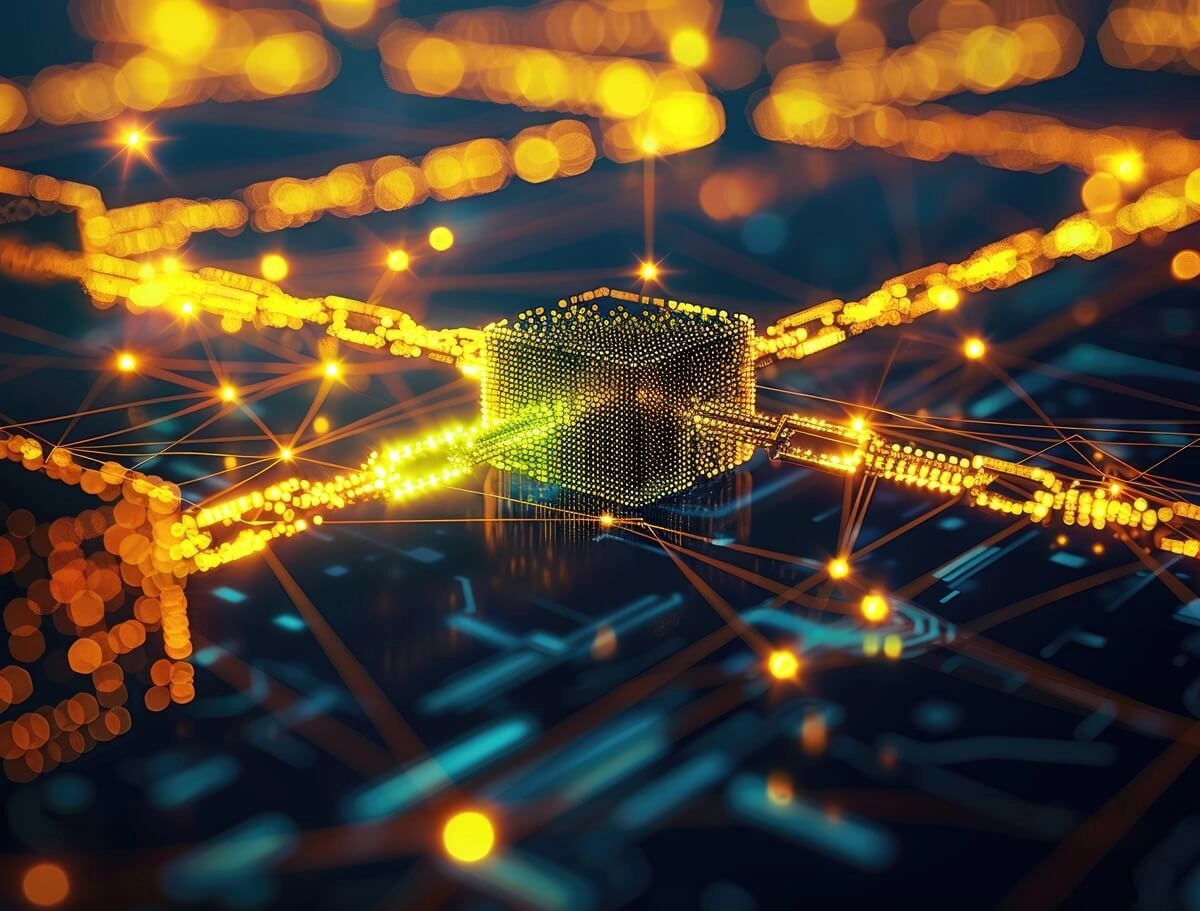
The Different Types of Crypto Oracles
Centralized Oracles
Centralized crypto oracles are controlled by a single entity or organization. While they can provide reliable data, they introduce a single point of failure and can be less secure due to their centralized nature.
Decentralized Oracles
A decentralized crypto oracle, such as Chainlink, relies on multiple independent sources to gather and verify data. By using a network of nodes to provide and validate information, decentralized oracles enhance digital wallet security and reduce the risk of manipulation or single points of failure.
Software Oracles
A software oracle provides data from online sources such as websites, databases, and APIs. They can supply information on asset prices, weather forecasts, and sports results, among other things.
Hardware Oracles
These oracles use physical devices to gather data from the real world. Examples include sensors that track environmental conditions or RFID chips that monitor supply chain logistics.
Inbound Oracles
Inbound oracles deliver external data to the blockchain. For instance, they can provide price feeds for financial applications or weather data for insurance contracts.
Outbound Oracles
Outbound oracles send data from the blockchain to the external world. For example, they can trigger a payment process or update an external system when a smart contract condition is met.
Consensus-based Oracles
These oracles rely on multiple data sources to ensure the accuracy and reliability of the data provided. They aggregate information from several oracles and use a consensus mechanism to determine the correct data.
The Role of a Blockchain Oracle in DeFi
Many decentralized protocols rely on oracles. They play a crucial role by enabling smart contracts to access the data needed to function properly. Key applications include:
- Price Feeds: Decentralized exchanges (DEXs), lending platforms, and derivatives markets rely on the real-time price data for cryptocurrencies, tokens, and other assets that are provided by oracles.
- Stablecoins: Oracles supply the data needed to maintain the value of stablecoins, which are pegged to fiat currencies or other assets. Accurate price information ensures the stability of these coins.
- Insurance: DeFi insurance platforms use oracles to verify the occurrence of insurable events, such as flight delays or natural disasters, allowing smart contracts to trigger payouts automatically.
- Synthetic Assets: Oracles enable the creation of synthetic assets that mimic the value of real-world assets, such as stocks or commodities, by providing the necessary price data.
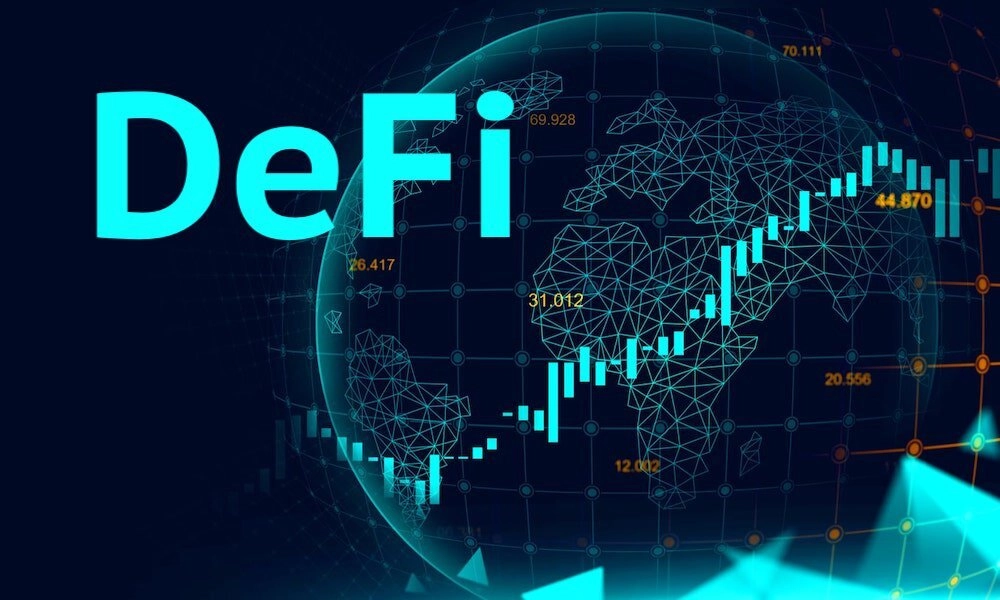
Problems and Risks Associated with Crypto Oracles
Centralization Risk
Relying on a single blockchain oracle source can create a central point of failure, compromising the decentralization and security of the blockchain application.
Data Integrity
If the data provided by an oracle is incorrect or manipulated, the smart contract's execution can be affected, leading to incorrect or fraudulent outcomes.
Latency
Delays in data transmission from oracles can result in outdated information being used by smart contracts, which can be critical in high-frequency trading and other time-sensitive applications.
Security
Oracles can be targets for hacking and other cyberattacks, which can compromise the data they provide and the overall security of the blockchain application.
Applications of a Blockchain Oracle Beyond DeFi
Oracles are not limited to the DeFi sector and have numerous applications in other fields. In supply chain management, oracles make it possible to accurately track goods throughout the entire supply chain. They provide real-time data on the location, condition, and provenance of products, ensuring transparency and efficiency. This helps businesses monitor and manage their inventory more effectively, reducing losses and improving overall logistics.
The gaming industry also uses oracles to introduce external events and data into blockchain-based games. This integration can influence game outcomes and provide a more dynamic and engaging gaming experience for players. When real-world data such as sports scores or weather conditions are included, oracles can make games more interactive and immersive.
On an even greater scale, the healthcare sector can harness the power of oracles to provide secure and verifiable access to medical records and health data. By implementing blockchain oracle usage, healthcare providers can offer better patient care and health management. Essentially, oracles help maintain the integrity and confidentiality of sensitive medical data, enabling more efficient and effective healthcare services.
Finally, oracles have many applications in the Internet of Things (IoT). They can connect IoT devices with blockchain networks, enabling automated and secure interactions based on real-world data. For example, an oracle can trigger smart contracts to perform specific actions when certain conditions are met, such as adjusting the temperature in a smart home or managing the energy consumption of connected devices. This integration enhances the functionality and security of IoT systems, providing more reliable and efficient solutions for various applications.
The Future of Oracles
The future of oracles is promising, with ongoing advancements and innovations aimed at improving their reliability, security, and decentralization. Key trends and developments include:
- Accessible Decentralized Oracles: Projects like Chainlink are working on creating decentralized oracle networks that aggregate data from multiple sources, reducing the risks associated with centralization and single points of failure.
- Improved Security: Advances in cryptographic techniques and secure hardware are enhancing the security of oracles, making them more resistant to attacks and data manipulation.
- Interoperability: Future oracles will further support cross-chain interactions, enabling smart contracts on different blockchains to access and share data seamlessly.
- Enhanced Data Verification: Techniques such as zero-knowledge proofs and trusted execution environments are being explored to ensure the integrity and authenticity of the data provided by oracles.
Oracles are the unsung heroes of the blockchain world. They bring real-world data to smart contracts, making countless applications possible. As technology evolves, oracles will become even more integral, enhancing the security, reliability, and reach of blockchain applications. From finance to healthcare to everyday gadgets, oracles will continue to expand what's possible with blockchain, driving innovation and connecting our digital and physical worlds in unprecedented ways.
